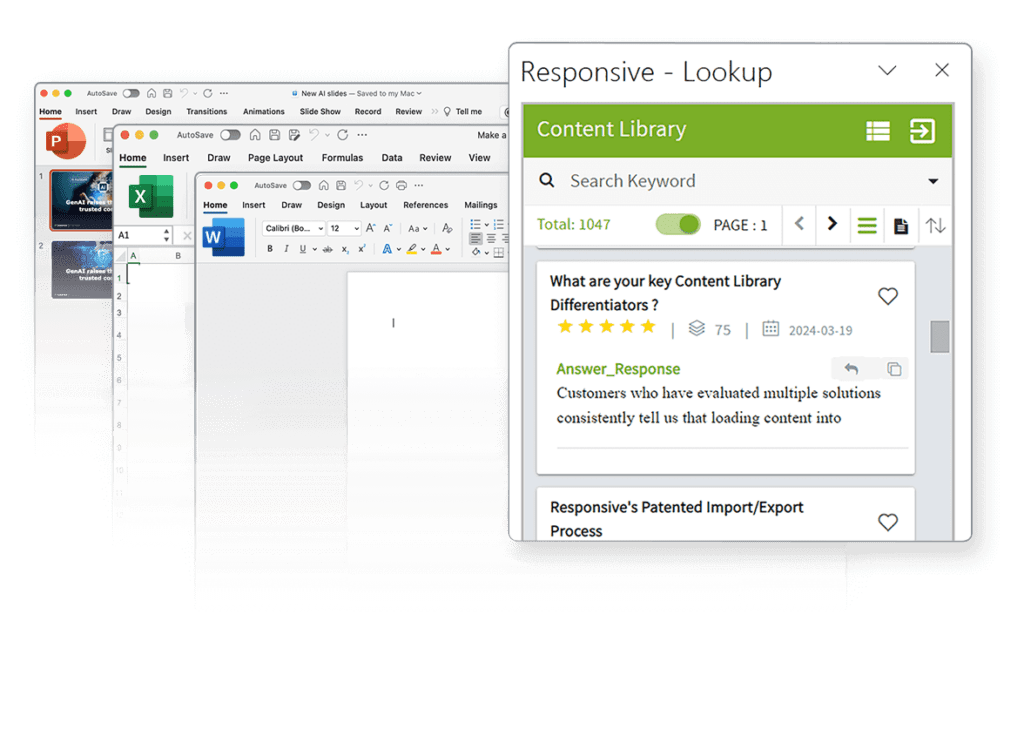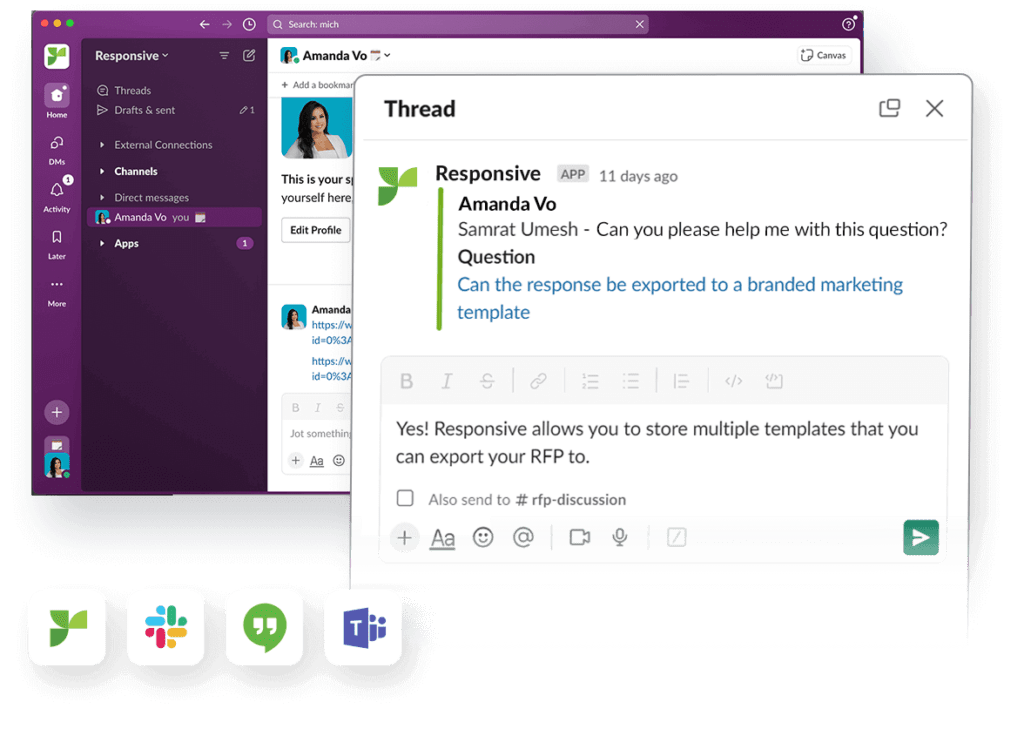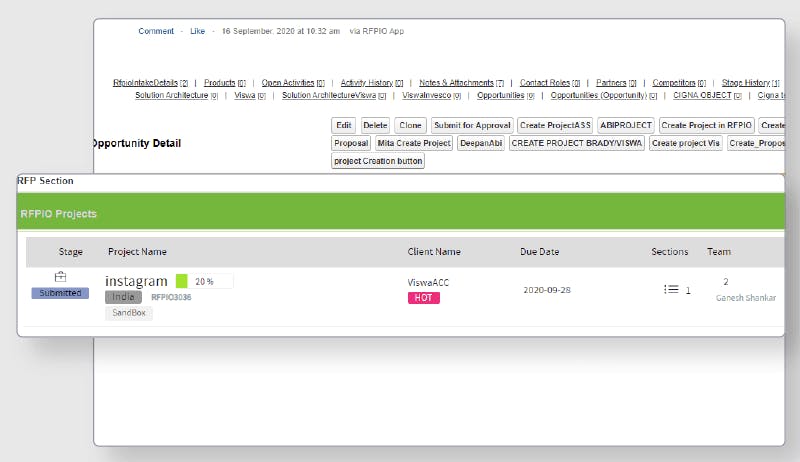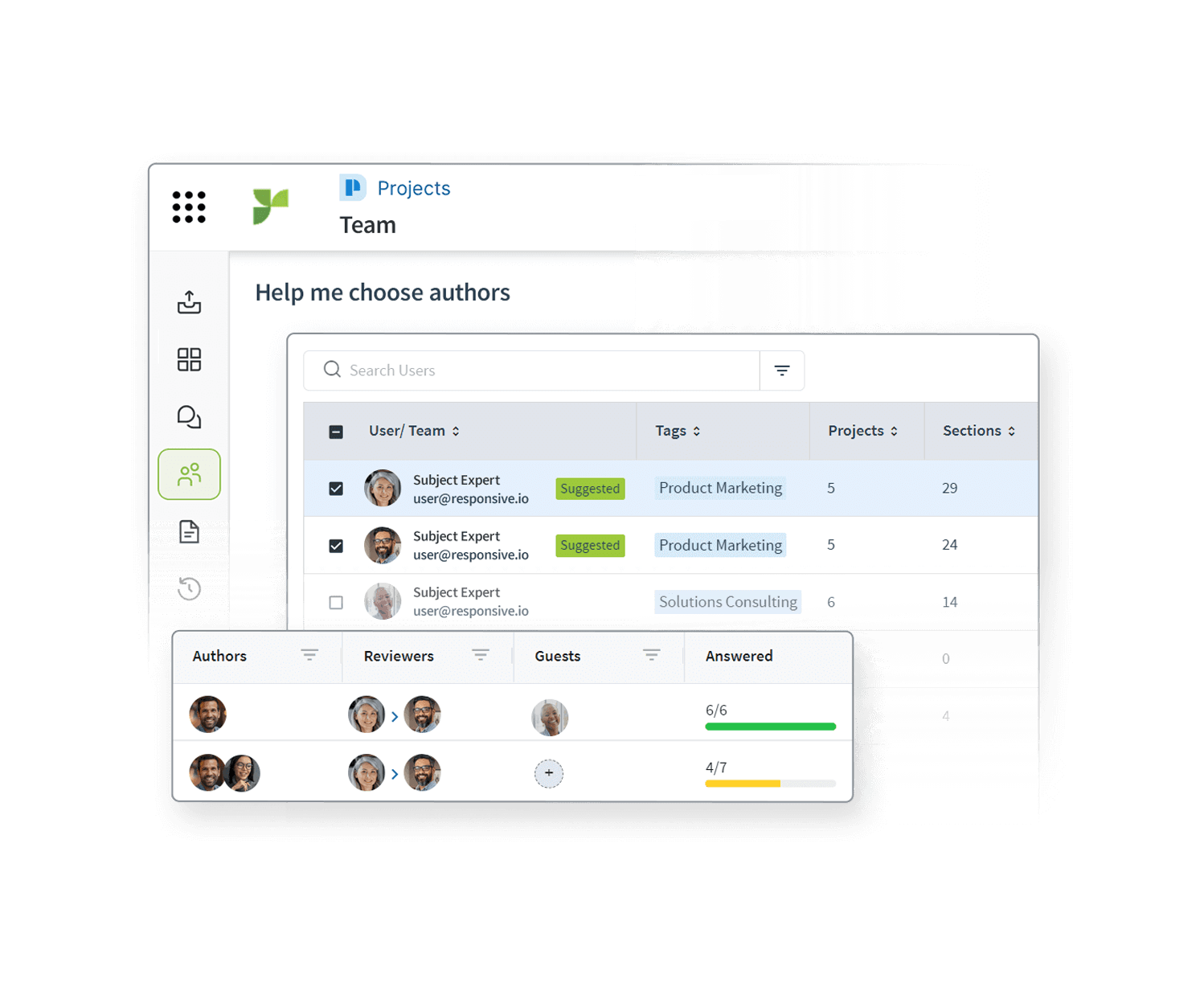You’re ready to get where you’re going, every red light fueling a little more impatience. Then you feel a bump, and recognize the telltale signs of a flat tire. You’re already frustrated as you pull over and then things get worse. You don’t have a tire jack.
It’s the age-old problem: lacking the right tool for the job.
So many problems in life become manageable if you have the right tool to solve them. That’s as much the case when you’re looking to make your job run smoother as when you’re stranded on a highway wishing you had a tire jack.
With that in mind, it’s no wonder that sales enablement tools (primarily content management tools) increased in usage by 567%, from 6% to 40% in a one-year span.
Presale engagement tools lead to smarter deals
- Leads to higher engagement with prospects, so more of them make it through each stage of the funnel
- Helps position you as more of a strategic leader than an administrative contributor
- Enables you to work more effectively with colleagues across departments
- Cuts down on the time you spend on repetitive tasks
- Helps you close more valuable deals—the main goal of your job
But you need to be careful. Application sprawl—having too many tools in your tech stack—can cause its own share of problems. You need the right tools for maximum RFP automation ROI. The ones that will actually make the presales experience smoother for both you and prospective buyers.
5 Tools to Increase Presales Engagement
Developing the right presales process, supported by the right products, will make your job easier and increase your success rates. For most presales professionals, there are five main categories of tools you want represented in your sales stack.
1. Knowledge Management

So much of presales engineering is about knowledge. Prospects need to know that a product will do what they need, even if they don’t understand all the technical details required for that to happen. Presales engineers are the keepers of that knowledge, and Responsive LookUp is the key to access it from any browser or Microsoft Office. But with the right knowledge management tool, you don’t have to be the only one with access to that knowledge.

A knowledge base product allows you to keep a record of the answers to common questions, and organize information so it’s easier to find when needed. By improving findability and enabling you to share content with the right people in the organization, it cuts down on time spent answering the same questions over and over again. And when your colleagues have easier access to knowledge, they’ll reply to prospects faster, improving presales engagement and creating a better overall experience.
“It makes salespeople aware that not only do we have this great team working for them, but we have this great platform that can serve them in any part of their sales cycle.”– Nick Demarco Sr. RFP Content Writer, Payscale
2. Communication and Collaboration
Creating a good experience for prospects and customers requires successful collaboration between all customer-facing teams. Presales must collaborate with the sales team to make sure all of a prospect’s questions get answered quickly and correctly, or risk losing the sale. And communication between presales and customer support is important for keeping customers happy after purchase.
Technology can facilitate more efficient communication, especially as more teams work remotely. Slack offers asynchronous messaging, so coworkers can reply when they’re able. And video conferencing products like Zoom are good for connecting over virtual meetings.
“[We] were able to respond to all 70 questions of an RFP in less than two hours. Before, this would have been an all-night session for me.”– Jonathan Read, sales engineer at Progress
3. Proposal Automation
“It could take five to 10 minutes to manually find something in the library or to take two things and merge them together. With AI Assistant, it is actually answering, on average, our questions in 30 seconds.–Andrew Mersman, Senior Director of Solution Consulting at Netsmart
Every time you have to push aside other tasks to do the tedious work of filling out a proposal, it takes time away from other responsibilities. Proposals are important for winning deals, but the time cost is likely impacting your ability to complete other tasks important to presales engagement.
A proposal automation tool, like Responsive, can give you back most of that time while also improving the number of proposals you win. Every answer you provide is saved in a knowledge base. The product then identifies which questions on future proposals have already been answered, and fills the responses in automatically. That leaves you more time to personalize the parts of the proposal that merit a personal touch, which is key for improving win rates.
4. Customer Relationship Management

Proposals aren’t the only area where personalization matters. In every interaction with prospects and customers, you want to have current information on their relationship with the company up to that point. And each time you gain valuable information about a prospect, you want the sales and customer support teams to have access to that data moving forward.
That’s where customer relationship management (CRM) software like Salesforce is so valuable. You can ensure everyone that interacts with a prospect is up-to-date on where they are in the sales process and has all relevant information about the account. That’s key for making every interaction personalized to their needs as you move them toward a purchase.
5. Data Collection and Analysis
You need to understand your presales process to improve it. Technology can collect data that provides insights into questions like:
- What does your current process look like?
- What kind of actions most often lead to sales?
- Which proposals are most worth your time, based on which ones you’ve won in the past?
- What types of clients are most likely to purchase?
A tool that collects this data and makes it easy to analyze gives you fuel to improve your process and win more sales. And you likely won’t need to seek out a specific product for this purpose. Most of the tools used in the other categories on this list will have reporting and analytics features built in.
In most organizations, critical sales data is spread across multiple platforms, which when combined, paint a complete picture of a customer’s journey and the overall sales process.
Responsive integrates with most CRMs – including Salesforce and Hubspot, along with messaging tools such as Slack, Google Drive, and Microsoft Teams – providing incremental insights that can be used to track how presales is impacting the entire organization.
Additionally, Responsive LookUp enables users to conveniently gather company data from a browser or Microsoft Office, even from home.
Use the Presales Tools You Choose Effectively
Selecting the right tools for the job is an important first step. But for you to reap their benefits, you need to use them effectively. Think carefully about how to best incorporate the presales tools you choose into your process, and how to make sure they all effectively work together.
Buying more sales products won’t help you improve presales engagement, but the right products used the right way will.

